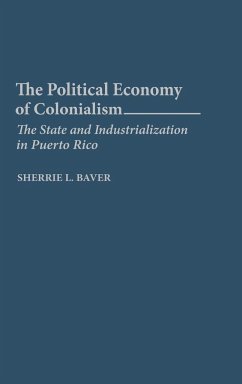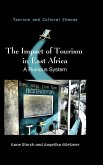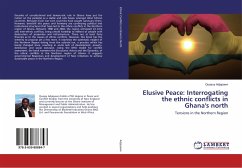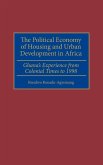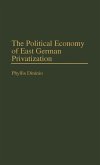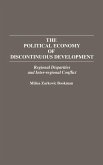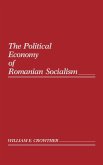This study examines how Puerto Rico's industrial development process has shaped and been shaped by the state, relations with Washington, and Puerto Rican society, especially in light of the economic crises of the 1970s and 1980s. Sherrie Baver posits that Puerto Rico's extreme integration into the U.S. political economy was an unintended consequence of the development model, and that its result has been a state whose tasks, such as securing an environment for private capital accumulation and income redistribution, have become increasingly regulated by the federal government, challenging Puerto Rico's commonwealth status. Recommended for scholars of Latin American Politics and Third World Development.

